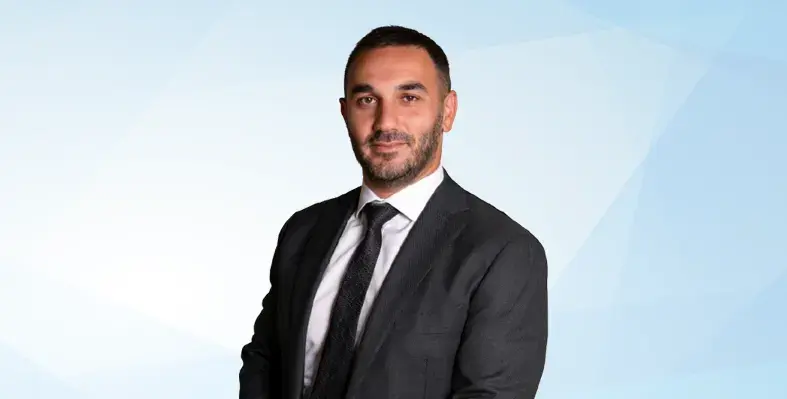Addressing the issue of rework requires first understanding its root causes. One of the most obvious causes is the size of the project. The bigger the project, the more complicated and challenging it becomes to manage consistency in design and material supply.
Take natural stone, for example, which plays a central role in many of the destination-scale projects in the region. As a natural product, stone has significant variability, making it essential to source the right material to achieve the desired look and durability. As a public-facing product, natural stone requires consistency in appearance and installation.
However, unlike carpet or concrete, its quality as a finished material does not allow for quick fixes. If a mistake is made at the point of production, there are only two options: either to re-source and replace it, which is often costly, or to live with a product that doesn’t reflect the original vision.
Handling a modest volume of natural stone in this way may be straightforward, but overseeing a supply large enough to cover 100 football fields—as is often the case with large-scale projects in the Middle East—is an entirely different matter. Due to the sheer size and complex supply chain of these projects, even minor quality issues can spiral into significant schedule delays and cost overruns.
Cutting rework
Asset owners, who juggle numerous issues simultaneously, often have limited time and resources at their disposal, with little to none dedicated to managing the specific aspects of a project involving stone.
The solution is to engage Stone Project Management Consultants (SPMCs). They serve as trusted partners to asset owners, leveraging their expertise to provide oversight and guidance throughout the entire process, from design to delivery.
From the outset, SPMCs collaborate with architects and designers to identify the best material type that aligns with the project’s vision, design, and budget. They assess quarries within the international stone market, evaluating physical properties like tensile strength and density, and ensuring the availability of high-quality stone. They also screen suppliers to confirm they have the necessary technical credentials and ESG standards for successful project delivery.
In essence, SPMCs work as part of the client team and act as unbiased expert advisors on behalf of the asset owner to oversee the entire procurement and supply chain process.
By implementing standardised quality control and placing engineers and supervisors on-site, SPMCs also manage the entire production process of natural stone on behalf of the asset owners, from quarrying and sample testing to transportation, delivery, dry lay and installation.
This project governance model minimises rework by ensuring materials meet quality standards before shipping. The process also reduces unnecessary quarrying, waste, and energy consumption during production and transportation, supporting the ESG goals of asset owners.
Ultimately, the model prevents project delays and budget overruns, helping asset owners save both time and money.
Versatile International’s ongoing collaboration with Saudi Arabia’s Diriyah Company is a prime example. As the region’s first SPMC, we have partnered with Diriyah on over 50 projects involving natural stone within their US$66bn cultural heritage district. Acting as trusted advisors to Diriyah, we bring our specialised expertise and global network to ensure consistency and quality control throughout the process. By doing so, we have brought the asset owner closer to the point of production, delivering projects with punctuality and precision while minimising the cost of rework.
This article is written by Wajdi Marroun, managing director of Versatile International, a stone project management consultancy. It has been edited for brevity.







